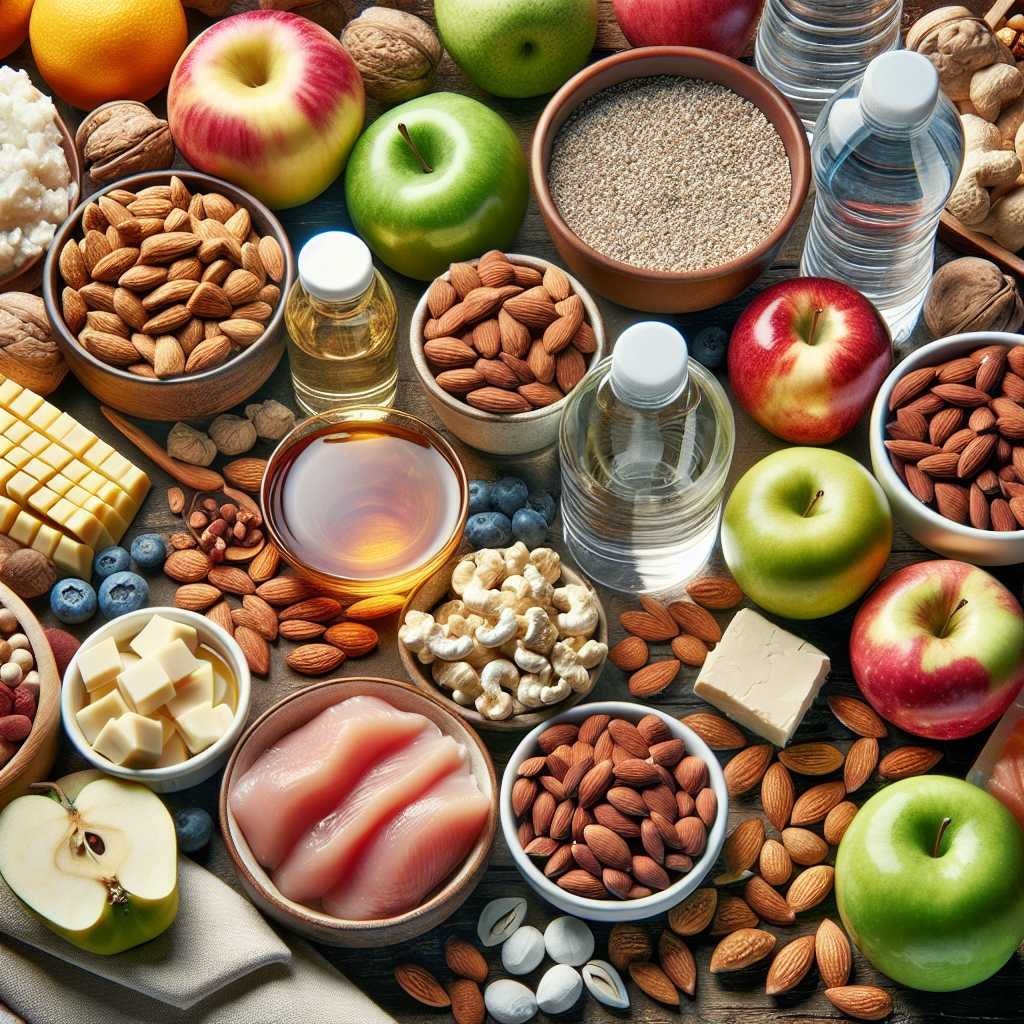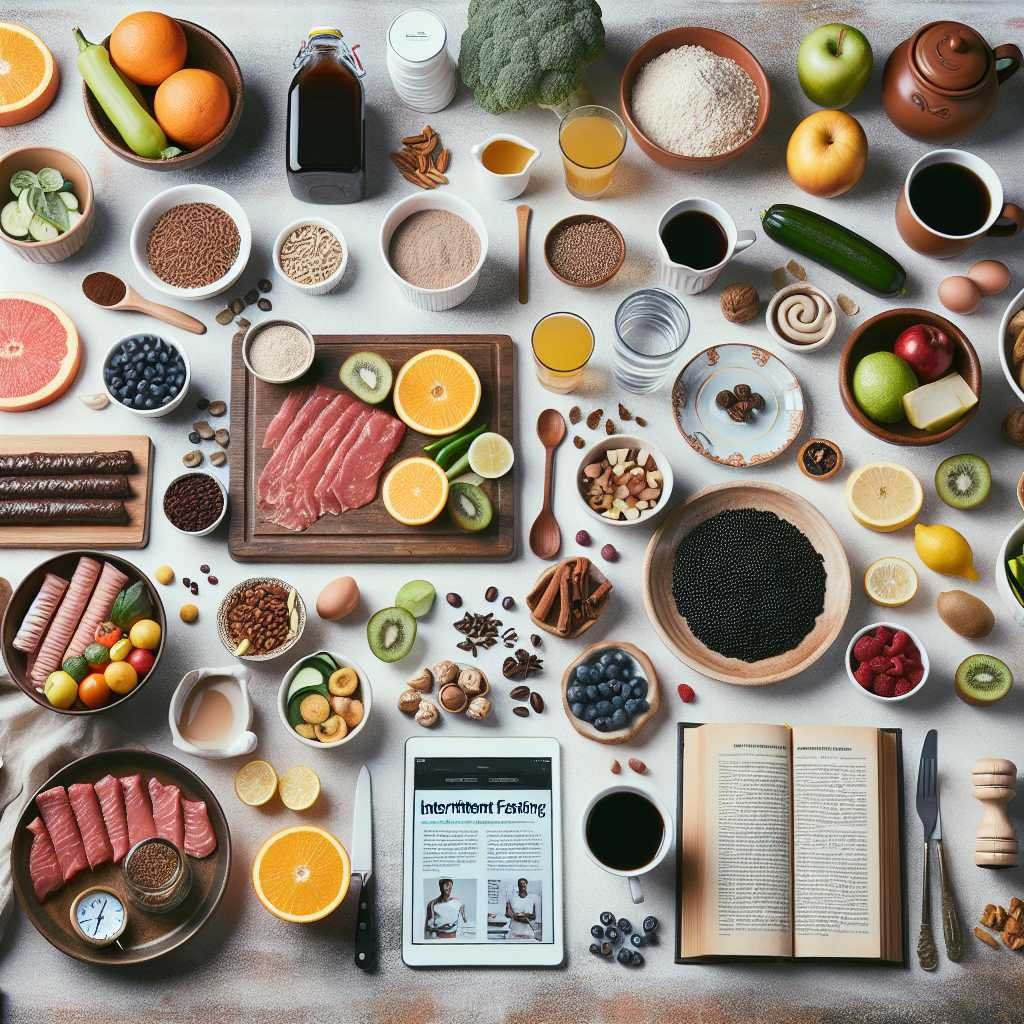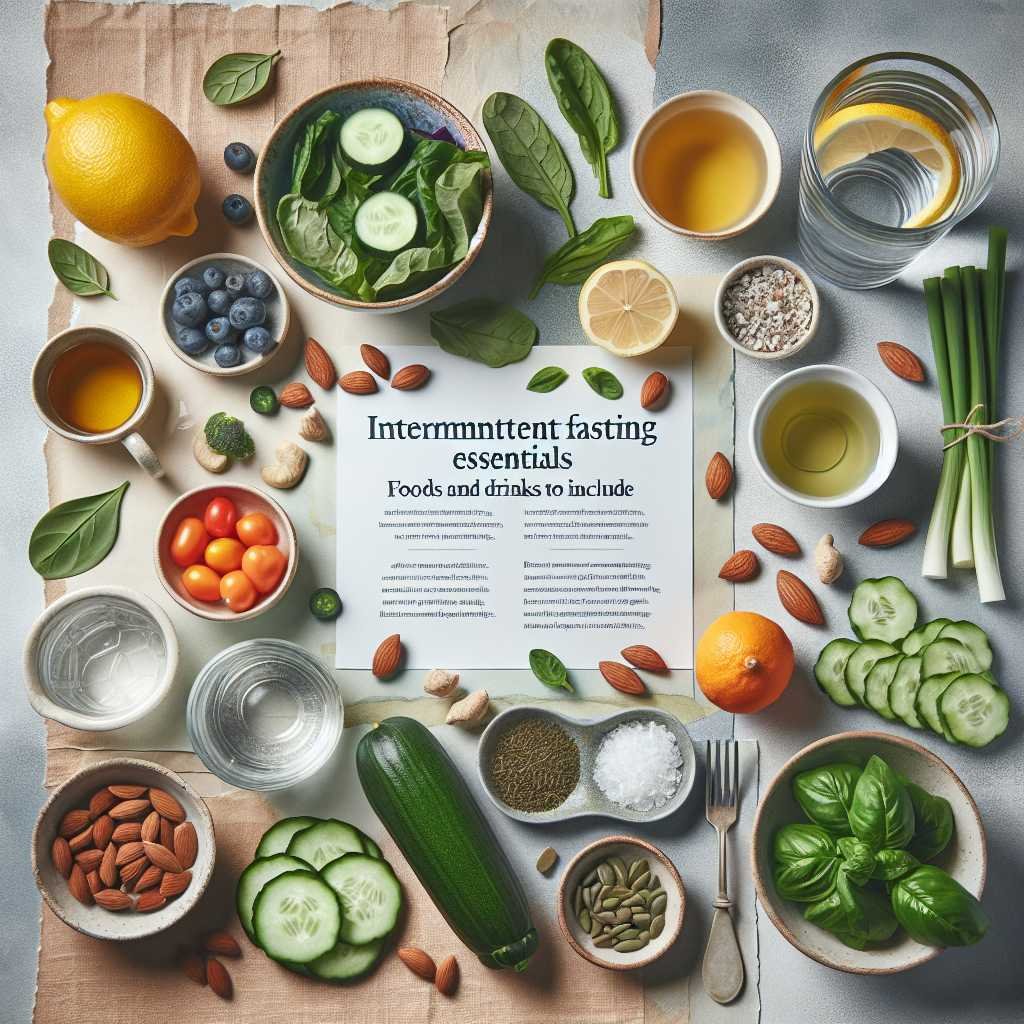Understanding Intermittent Fasting
Intermittent fasting (IF) is an eating regimen that alternates between periods of eating and fasting. While it emphasizes not just when to eat but also what to consume, the focus on healthy food choices is crucial. Among the various popular diets such as Keto, Dukan, and Paleo, intermittent fasting has emerged as a leading health trend globally, and for good reason. Historically, fasting has been practiced for various personal, spiritual, and religious reasons, as well as due to food scarcity.
Research has demonstrated the significant health benefits associated with intermittent fasting, including improved metabolic health, weight loss, and enhanced longevity. The advantages of this eating pattern include better insulin sensitivity, reduction of belly fat, improved cholesterol levels, increased production of growth hormone (HGH), and enhanced gut health.

Different Approaches to Intermittent Fasting
- The 12:12 Method: Fasting for 12 hours daily, typically from 7 am to 7 pm.
- The 16:8 Method: A 16-hour fast, with eating limited to the hours between noon and 8 pm.
- Eat-Stop-Eat: Once or twice a week, refrain from eating for 24 hours, from dinner one day until dinner the next.
- The 5:2 Diet: Consume only 500-600 calories on two non-consecutive days of the week.
Given that a portion of the day is spent fasting, it’s essential to plan meals that provide sufficient nutrition. Diets high in refined carbohydrates, unhealthy fats, and low in proteins and vegetables can negate the health benefits of fasting. Choosing the right foods is vital to maximize the advantages of intermittent fasting.
What to Eat During Intermittent Fasting
Now that you know when to eat, the next question is what to eat during your eating windows. Many intermittent fasting methods can lead to unintentional deficiencies in essential macronutrients, such as protein and healthy fats, as well as micronutrients like vitamins A, B, C, D, zinc, and electrolytes. It’s important to focus on satisfying meals to ensure you’re getting the necessary nutrition without resorting to low-calorie options.
Essential Foods to Include
Protein Sources
Protein is crucial for overall health, immune function, and muscle maintenance. A well-balanced protein intake helps regulate blood sugar and supports a healthy metabolism. Including cultured protein sources like plain yogurt, kefir, or cottage cheese can also enhance gut health through probiotics.
Optimal protein choices include:
- Salmon
- Eggs
- Ribeye steak
- Pork chops
- Chicken thighs
- Cottage cheese
- Plain yogurt
- Plain kefir
- Whey protein powder (unsweetened)
- Pea protein powder (unsweetened)
- Legumes
- Nuts and seeds
Healthy Fats
Incorporating healthy fats into your diet is essential for cellular health, energy, hormone production, and organ protection. Healthy fats also aid in the absorption of fat-soluble vitamins like D and E.
Sources of healthy fats include:
- Olive oil
- Avocado oil
- Coconut oil
- MCT oil
- Ghee
- Avocados
- Nuts and nut butter
- Chia seeds
- Flaxseeds
- Olives
Seafood and Fish
Seafood is an excellent option during your eating window. Fish like wild-caught salmon and sardines are not only high in protein but also rich in omega-3 fatty acids, which are vital for reducing inflammation and promoting overall health.
Recommended fish and seafood include:
- Wild-caught salmon
- Rainbow trout
- Mackerel
- Sardines
- Anchovies
- Mussels
- Oysters
- Crab
- Lobster
- Shrimp
Vegetables
Vegetables are essential for optimal health and provide prebiotic fibers that support gut health. Including a variety of nutrient-rich vegetables in your diet is a smart strategy while practicing intermittent fasting.
Nutritious vegetables to consider:
- Spinach
- Chard
- Arugula
- Kale
- Broccoli
- Cauliflower
- Brussels sprouts
- Cabbage
- Celery
- Asparagus
- Seaweed

Fruits
Fruits can be a nutritious addition to your intermittent fasting diet, but it’s important to choose low or medium-sugar options to avoid potential metabolic issues.
Best fruit choices include:
- Strawberries
- Raspberries
- Blackberries
- Kiwi
- Grapefruit
- Apples
- Lemons
- Limes
- Avocado
- Tomato
Whole Grains and Legumes
Whole grains can be beneficial for some individuals, while others may experience negative effects. If you tolerate whole grains well, they can be a valuable addition to your meals.
Healthy whole grains include:
- Organic oatmeal
- Organic millet
- Organic quinoa
- Organic brown rice
- Organic black rice
- Organic wild rice
Legumes and beans are nutrient-dense and provide fiber, antioxidants, and protein. They are excellent for maintaining blood sugar levels and curbing hunger.
Nutrient-rich legumes include:
- Black Beans
- Chickpeas
- Green beans
- Lentils
- Lima beans
- Kidney beans
Herbs and Spices
Herbs and spices are not only flavorful but also offer anti-inflammatory benefits that can enhance your intermittent fasting experience. They can be easily incorporated into meals.
Top herbs and spices to consider:
- Turmeric
- Ginger
- Cinnamon
- Garlic
- Oregano
Beverages
While fasting, it’s essential to remember that any caloric intake will break your fast. Thus, beverages like soda or juice should be avoided. However, water, black coffee, and unsweetened tea are acceptable and can even enhance the benefits of fasting.
Recommended drinks include:
- Water
- Black coffee
- Unsweetened tea (especially green tea)
Conclusion
Intermittent fasting is a straightforward and evidence-based approach to eating that promotes health and well-being. Though the idea of fasting may seem intimidating initially, it can be a powerful method for improving overall health, managing weight, and enhancing mental clarity. It’s important to be mindful of how fasting may influence the absorption of certain vitamins and medications, so consult with a healthcare professional when necessary.
If ancient civilizations like the Romans successfully utilized intermittent fasting to maintain their health and vitality, there’s no reason we can’t do the same in our modern lives.
DISCLAIMER: This Wellness Hub does not intend to provide diagnosis…
References
Include here any scientific studies or sources referenced in the article.

